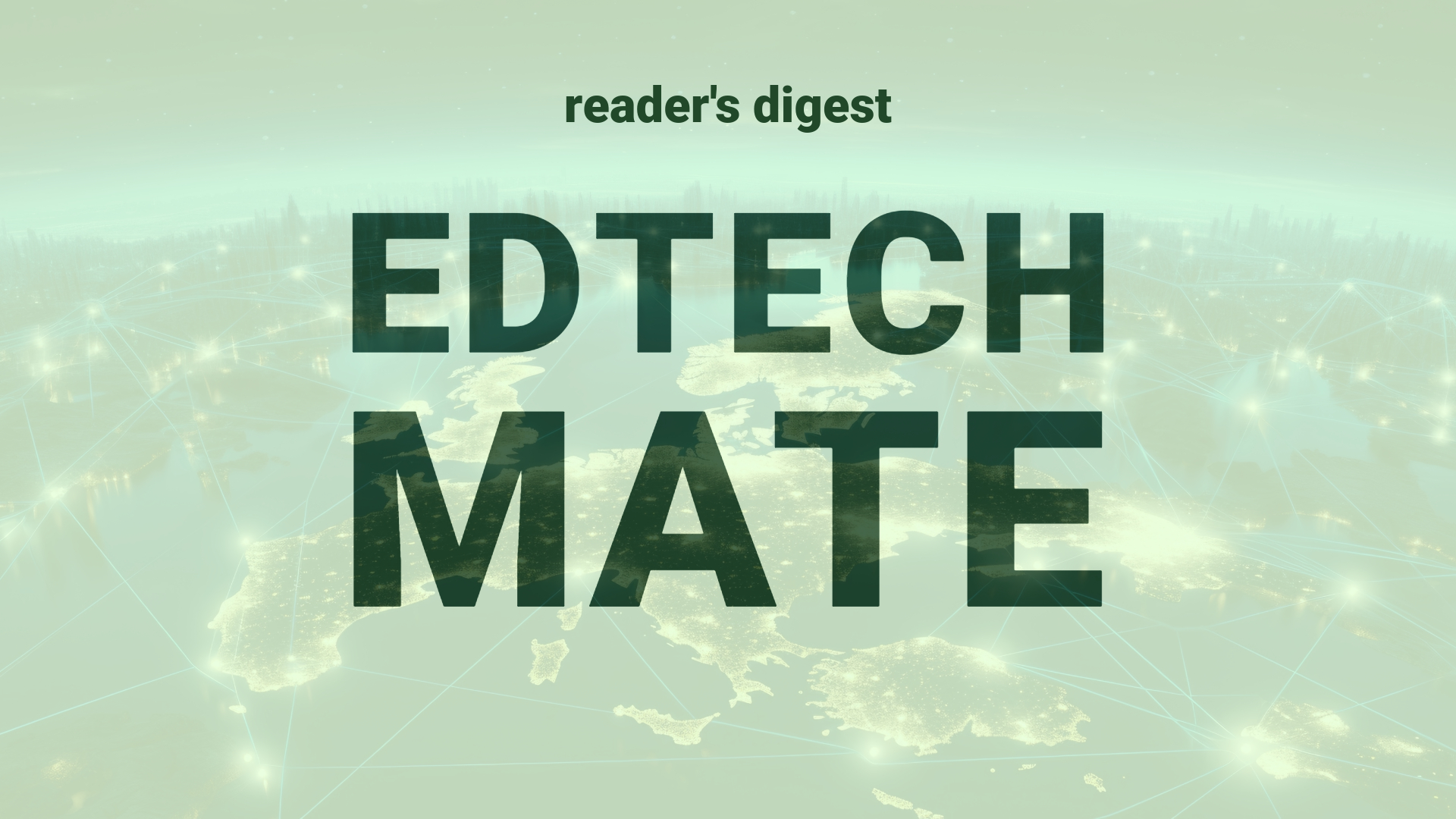Executive Summary and Main Points
The French AI start-up Mistral, now a unicorn, is emerging as a rival to the dominant AI enterprises in Silicon Valley. Founded by Arthur Mensch, Guillaume Lample, and Timothée Lacroix, the company stands out for its open-source approach and the ability to compete on a global scale. Mistral’s generative AI tools are touted to augment productivity and creativity in the workplace, with a projection for more rewarding work in three to five years. Emphasizing a flexible, value-driven, and customizable model, Mistral’s open-source strategy has enabled rapid establishment and adoption in the generative AI landscape. Additionally, as a European entity, Mistral is addressing language diversity and offering solutions that cater to European preferences for private cloud and on-premises deployment, distinguishing itself in a competitive market.
Potential Impact in the Education Sector
Mistral’s advancements could significantly affect Further Education and Higher Education through enhanced learning tools that allow for personalized and multilingual content delivery, likely fostering international collaboration. The advent of Micro-credentials that leverage generative AI could lead to more dynamic and responsive curricula. Strategic partnerships, akin to Mistral’s entry into McKinsey’s generative AI ecosystem, might inspire educational institutions to collaborate with tech innovators for curriculum development and advanced research opportunities. Digitalization in educational administration could simplify and streamline operations, while faculty could benefit from the potential time savings in preparing content and assessments.
Potential Applicability in the Education Sector
Mistral AI’s tools could introduce advanced AI-driven platforms for creating interactive, multilingual educational content and tailored experiences for students globally. By utilizing generative AI, educators could develop customized learning modules that interpret and adapt to various languages and cultural contexts. Additionally, AI could assist in the creation of virtual labs and simulations, providing a more immersive learning environment. Mistral’s approach to open-source could empower educational institutions to innovate and collaborate on educational software without the reliance on closed-source vendors.
Criticism and Potential Shortfalls
While Mistral’s technology promotes efficiency and customization, there could be concerns about over-reliance on AI in education, potentially devaluing human tutors’ roles and affecting employment. Ethical considerations regarding data privacy and biases within AI also pose challenges. Cultural implications, such as the potential erosion or homogenization of local educational practices in favor of a more globalized approach, merit careful consideration. Comparative international case studies would be valuable for understanding how Mistral’s technology integrates with and impacts diverse educational systems.
Actionable Recommendations
To harness the potential of technologies like Mistral AI, educational leaders should engage in pilot projects that blend AI tools with traditional teaching methodologies, ensuring a balance between technological and human input. Institutions could form strategic alliances with AI firms to access cutting-edge tools while contributing educational expertise. Encouraging open-source collaborations can foster innovation and cost-effective solutions across the global educational landscape. Investment in faculty training to effectively implement and manage AI tools is crucial, with ongoing assessment to monitor the effectiveness of AI integration within educational programs.
Source article: https://www.mckinsey.com/featured-insights/lifting-europes-ambition/videos-and-podcasts/creating-a-european-ai-unicorn-interview-with-arthur-mensch-ceo-of-mistral-ai

